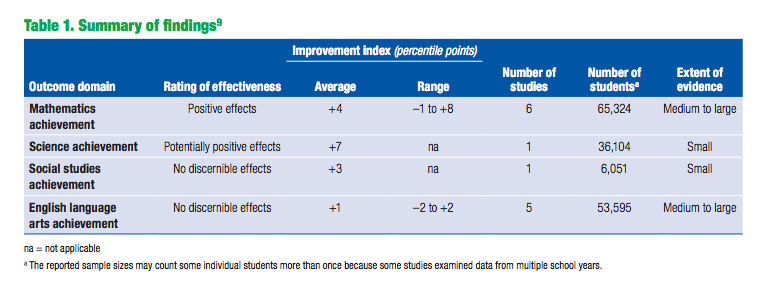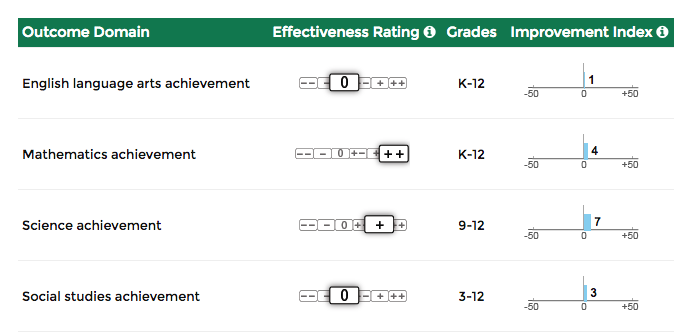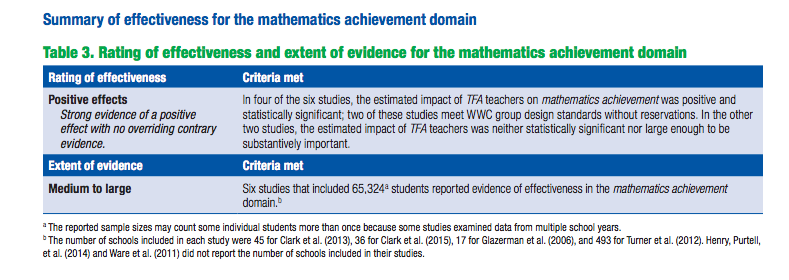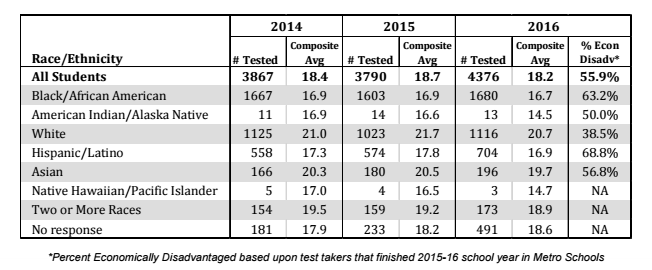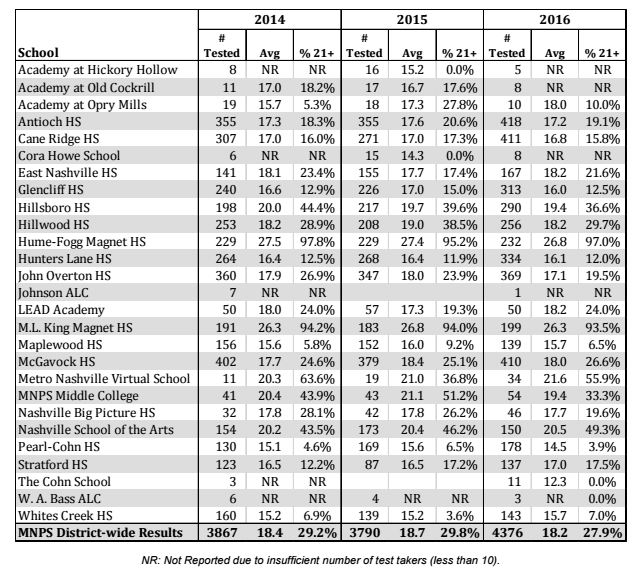The Metro Nashville school board will begin investigating later start times for their high school students. Right now high schools start at 7:05 in the morning.
We know teenager’s body need more sleep (over 9 hours each night) and they also tend to go to bed later and sleep later, which is known as delayed phase preference. Their bodies have a preference to go to bed later.
When looking at this issue, we should be asking: What is best for the student?
What’s best for high school students are later start times. Here are four reasons why.
- Students are prepared for school with a later start time. A longitudinal study found when high schools changed their start times from 7:15 am to 8:40 am, students had “improved attendance and enrollment rates, less sleeping in class, and less student-reported depression.”
- Students are safer drivers. Researchers investigated the rate of high school students involved in car crashes in a county where high school start times were pushed back one hour. The results showed that there was a 16.5% decrease in car crashes after the school start time was changed. While the state’s rate of crashes went up, this county saw a decrease. Another report found that “the number of car crashes for teen drivers from 16 to 18 years of age was significantly reduced by 70% when a school shifted start times from 7:35 AM to 8:55 AM.”
- Students may have better attention and creativity. High school students will accumulated sleep debt throughout the school week. Allowing them to sleep more each day will help alleviate that debt. According to researchers, “Sleep debt (cumulative sleep loss) also has been shown to contribute to an inability to concentrate, memory lapses, difficulty in accomplishing tasks that require planning or following a complex sequence of actions, and a decrease in creative thought” They go on to say, “it would seem plausible that setting early school start times for adolescents sufficiently impairs their ability to effectively perform school-related tasks.”
- Later start times are correlated with higher achievement. Researchers spent three years following 9,000 high school students in three states. When the start time was later, students showed improved academic outcomes. “Academic performance outcomes, including grades earned in core subject areas of math, English, science and social studies, plus performance on state and national achievement tests, attendance rates and reduced tardiness show significantly positive improvement with the later start times of 8:35 AM or later.”
We all know that it will be difficult, and even expensive, to change the start times for our high schools. If it’s in the best interest of our students, we must do everything possible to make it work. The evidence is out there, so let’s make the policy change and do what’s best for our students.
For more on education politics and policy in Tennessee, follow @TNEdReport.


 s the truth.”
s the truth.”



